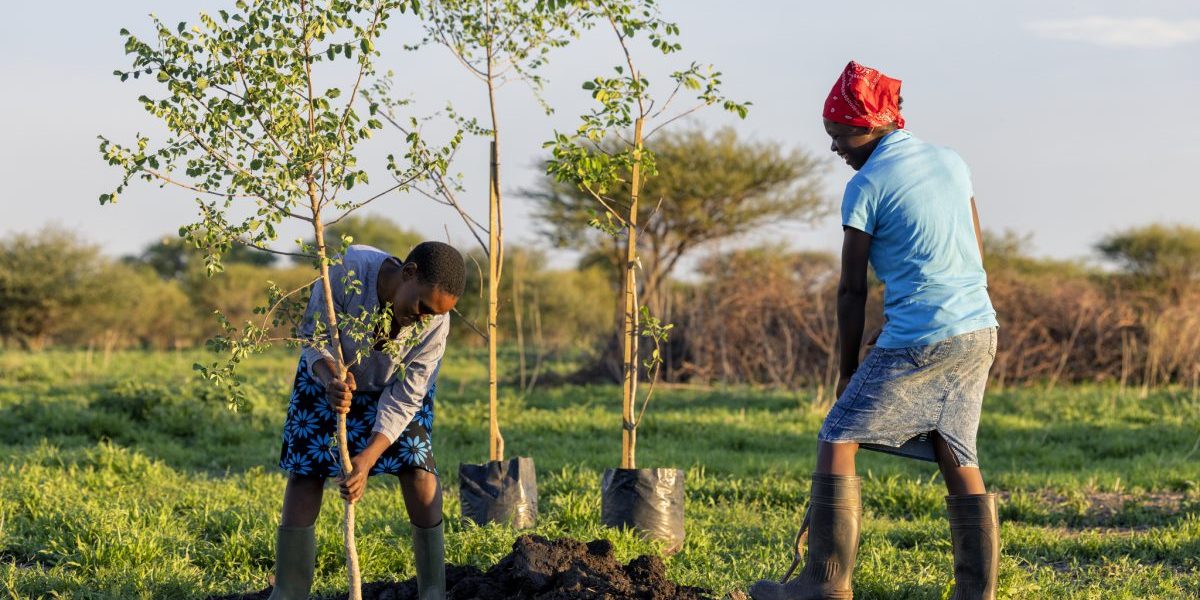Summary
- Climate disasters are expected to increase in both magnitude and frequency in Africa. However, despite the continent’s vulnerability to climate change, disaster risk planning and response is severely underdeveloped.
- Governments lack the capacity and finance to respond appropriately and timeously to the onset of climate disasters, leaving many vulnerable people stranded without access to emergency services.
- Ecosystem-based disaster risk reduction (Eco-DRR) provides a unique opportunity to help overcome this challenge by using nature to develop innovative, affordable and inclusive adaptation interventions, while enhancing biodiversity conservation and community livelihoods.
- Several challenges inhibit the uptake of Eco-DRR across the continent. This includes a lack of integration of Eco-DRR in relevant policy processes, misalignment of climate, biodiversity and disaster risk reduction policies at national and subnational levels, insufficient financing in terms of access and affordability for developing countries and a lack of consideration of local communities and Indigenous knowledge of project design and implementation.
- Innovative, blended and scalable financing solutions need to be developed to enhance the uptake of Eco-DRR , while also ensuring that policy development is aligned across climate, biodiversity and disaster risk response sectors.








